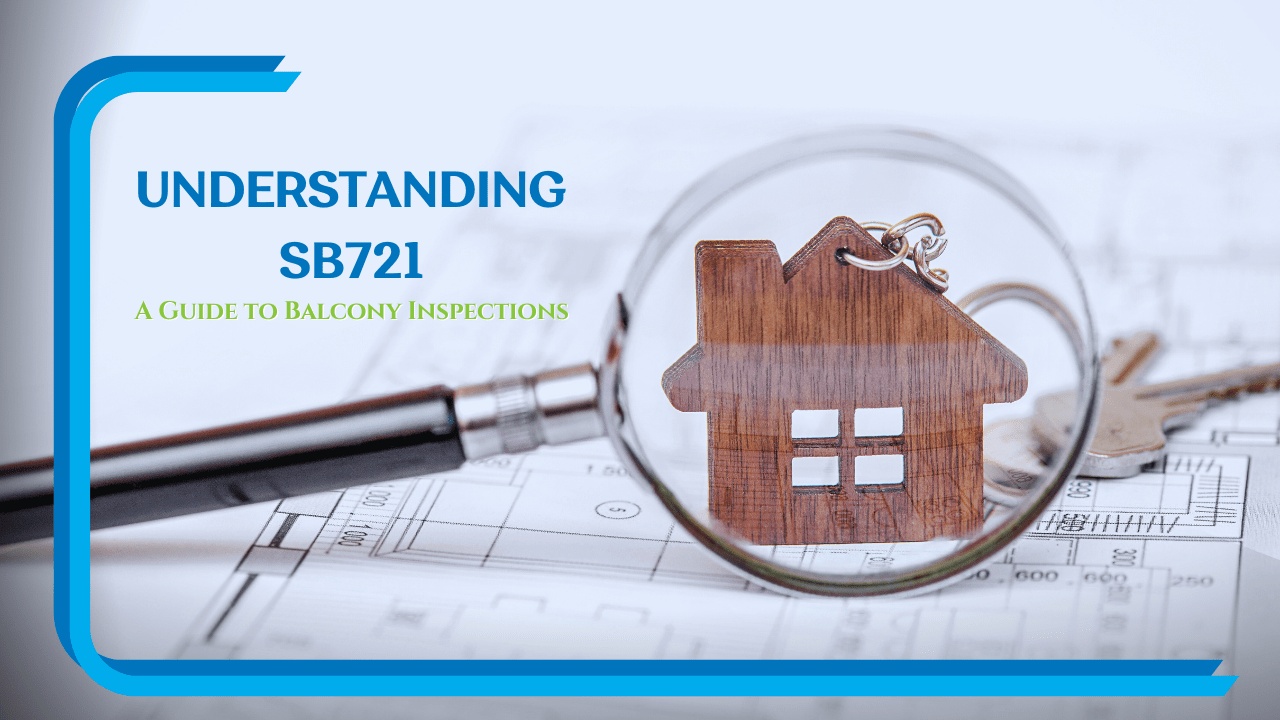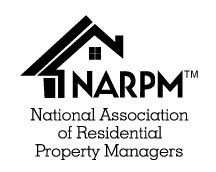You may remember that catastrophic incident in Berkeley, California, in 2015, when a balcony collapsed, causing the deaths of six people and serious injuries to an additional seven people. Since then, a lot of attention has been thrown towards making buildings safer.
SB 721 is a California state law that ultimately served as a response to that horrible accident. It was passed to protect people who have decks or balconies attached to their rental homes. With safety a priority for all rental property owners in California, you’ll want to make sure you’re complying with this law if it applies to you and the
rental properties you own.
The law will require property owners to
conduct regular inspections of balconies and decks and to make any repairs or replacements that are required to keep them safe.
Defining an Exterior Elevated Element
The law is known for requiring balcony inspections, but it’s not only balconies that are subject to inspection and reporting. All “exterior elevated elements” must be deemed safe. What does the law mean by an exterior elevated element? It’s talking about balconies as well as:
- Wood and metal decks that rise off the ground
- Landings
- Stairways
- Walkways
- Guardrails
- Handrails
When your building has one or more of these elements, you’re required to have them inspected for safety and compliance.
Frequency of Balcony Inspections Under SB721
Balconies are fairly common features in California’s multifamily properties. A lot of apartments and condominiums have them. Property owners are tasked with the responsibility of keeping their balconies safe for tenants and guests. Under these regulations, any property with three or more units that have exterior elevated elements, such as balconies, decks, or walkways, must be inspected every six years.
As the
property owner, you are responsible for scheduling and completing the inspections. You must ensure that your balconies are inspected by a qualified inspector. Your tenants are responsible for reporting any damage to balconies or maintenance concerns that might be present. Make sure they understand this responsibility. You’ll want to know right away if there appears to be a problem of any kind with the structure or soundness of your balcony.
Hiring a Balcony Inspector
There are specific professionals who you will need to hire to perform your balcony inspection.
When you’re scheduling your inspection, you’ll need to select one of the following:
- A licensed architect
- A licensed civil or structural engineer
- A building contractor holding any or all of the “A” “B” or “C-5” license classifications. These credentials are issued by the Contractors’ State License Board. The building contractor will need to demonstrate a minimum of five years’ experience to achieve these classifications.
- Any individual certified as a building inspector or building official from a recognized state, national, or international association, as determined by the local jurisdiction.
The inspector cannot be employed by the local jurisdiction while performing the inspection of your balcony.
What Does Your Balcony Inspection Involve?
During the inspection, you will need to have a qualified inspector examine the balcony for any visible signs of damage or deterioration. This includes checking for:
- Water damage
- Cracks to the balcony surface or railing
- Rotting wood
- Rust
Many exterior elevated elements are constructed of concrete slabs, which are supported by wood floor joists, even if wood components are not immediately visible. If you are unsure whether your building fits within the scope of the Balcony Inspection Law, you should contact a professional qualified to perform inspections.
The inspector will be looking for any defects that could compromise the structural integrity of the balcony, deck, or other structure.
Your inspector will also take a look at the railing and guardrail systems to ensure they are secure and meet the necessary safety requirements.
Finally, the inspection will evaluate the balcony’s stated load capacity, ensuring it can safely support the weight that it was designed for.
Reporting Balcony Inspections and Dealing with Failed Inspections
The inspector will provide a report of their findings once the inspection is complete.
You can expect that report to note the existing physical condition of the load-bearing components of balconies, stairways, landings, walkways, railings, support structures, and other qualifying elements. You will also see notes on any associated waterproofing system. The inspection report should determine whether the condition of the balcony presents an immediate threat to the health and safety of your residents. It might also make an evaluation about expected future performance, and you could find recommendations for any necessary repairs or replacements. An inspector might provide courtesy tips and recommendations for routine and preventative maintenance.
Recommendations are one thing, and requirements are another. If repairs are required, you’ll find those in the inspection report. You’ll have 180 days to make the necessary repairs, unless another timeframe is given. In some cases, the inspector may recommend immediate action to prevent any safety risks.
Your next step will be to hire a licensed contractor to repair the balcony or make any necessary changes or replacements that will ensure it meets safety requirements. After the repairs or modifications are complete, the balcony must be re-inspected to confirm it is now safe to use.
Failure to Comply with Inspections and Repairs
If you do not conduct an inspection every six years as required by law, you’ll find yourself facing severe consequences. Property owners who fail to comply with these requirements may face penalties, including fines and legal action, and if your negligence results in injury or death, you can expect some serious lawsuits to come out of the tragedy.
You’ll also have to make those repairs if they’re required. When a property owner fails to comply with the inspection requirements, the local authorities may prohibit the use of the balcony until it is repaired or replaced.








